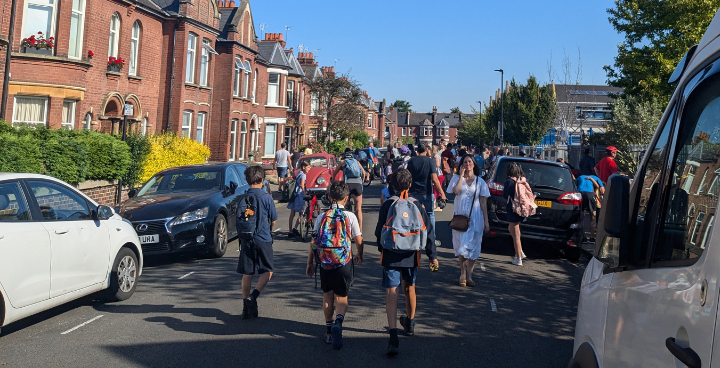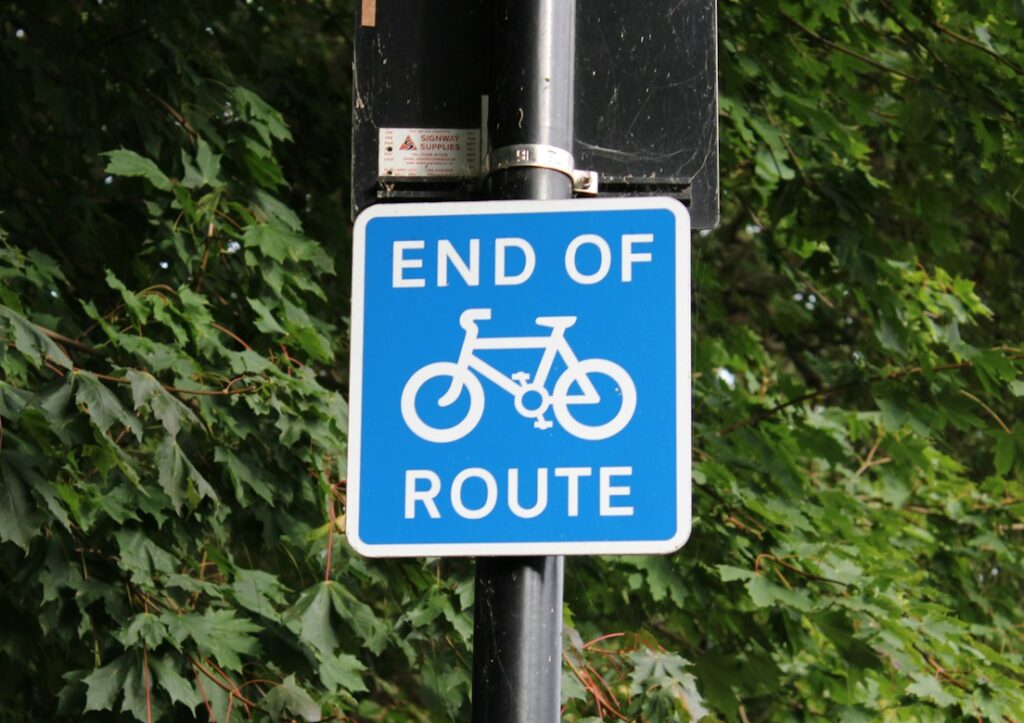Sheffield City Council has begun a consultation for its class C Clean Air Zone which is set to be launched in 2021.
High polluting taxis, vans, HGVs, buses and coaches would pay a charge to enter the zone within the city’s inner ring road but private cars would not.
Potential charges — which would be set at around £50 a day for buses, coaches and HGVs, £10 a day for taxis and private hire vehicles and £10 a day for vans and LGVs, are likely to apply to vehicles that are older than Euro 6 for diesel (2016) or Euro 4 for petrol (2006).
The council is now asking businesses and members of the public to take part in a ‘clean air conversation’ which is now open at www.sheffield.gov.uk/cleanair.
Air pollution contributes to 500 deaths a year in Sheffield and the local authority is asking the government for £50m to help drivers upgrade their vehicles.
Cllr Bob Johnson, cabinet member for planning and development at Sheffield City Council, said: ‘This is the start of a vitally important conversation for the city and we want everyone to have their say on the clean air zone and the support that is available.
‘We know air pollution damages the health of us all, especially the very young and the very old, but we need to balance this with how we can support drivers with the cost of reducing their emissions.
‘The facts are clear, taxi drivers, van drivers and other motorists are among the most at risk from breathing in dangerous levels of nitrogen dioxide and we want to protect them and everyone else who lives in our fantastic city.
‘We accept these are difficult conversations but they need to happen so we can improve our air quality.’
Sheffield City Region Mayor Dan Jarvis, as part of the UK100 group of city leaders, signed up to an ambitious clean air plan earlier this year following a high-level summit in London.
The group, which also includes London Mayor Sadiq Khan and the Mayor of Greater Manchester Andy Burnham called for the government’s proposed Environment Bill to be renamed the Clean Air and Environment Bill and include the following provisions:
- Adopt World Health Organisation recommended air pollution limits as legally binding targets to be achieved by 2030Â to guarantee the highest health standards that are supported by improved monitoring that assesses air quality and the powers to enforce.
- Create an independent watchdog that is adequately funded and empowered to hold the Government to account, including through legal action and the levelling of fines, and review and be able to require action needed to reduce air pollution from Government and other public bodies such as Highways England.
- Grant Local Authorities the powers they need, with necessary resources, to deliver zero emission transport networks.
- Enable the setting and enforcement of ambitious standards for local air quality, including for solid fuel stoves. Including powers for regional authorities to control emissions from other fixed sources, such as boilers and combined heat and power sources as well as set energy efficiency standards including for existing buildings.
- Establish adequately resourced local powers to set and enforce emission zones for Non-Road Mobile Machinery such as construction, industry and agricultural equipment.
- Require co-ordinated action from private and public bodies to improve air quality, such as: ports, Highways England, Network Rail, Homes England, Environment Agency and Directors of Public Health, and provide the necessary resource to enable activity.
















